Greenhouse of Walled Lake's Battle Against Rising Counterfeit Currencies
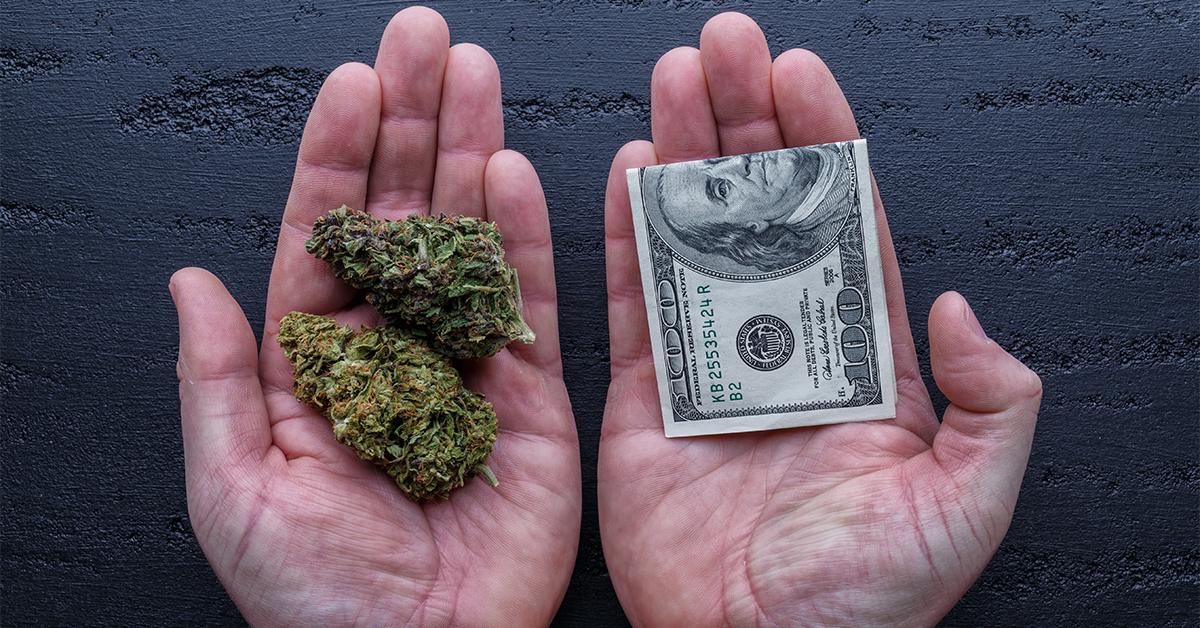
The owner of Greenhouse of Walled Lake, a dispensary in Michigan, Jerry Millen, has expressed increasing concern over the prevalence of counterfeit money being used at his establishment. Over the recent months, he has reported significant losses amounting to hundreds of dollars every week due to fake currency transactions.
"In the past, we've occasionally encountered counterfeit bills, but the situation has escalated dramatically in the last two to three months," explains Millen. This surge in counterfeit currency usage has posed a significant financial threat to businesses like his.
An underlying issue compounding the problem is that, due to the federal prohibition of cannabis, Michigan-licensed cannabis dispensaries are barred from accepting credit card payments. As a result, they are more susceptible to counterfeit currency exchanges.
Richard Convertino, a former federal prosecutor, sheds light on the severity of counterfeiting. "The U.S. government classifies counterfeiting as an act tantamount to warfare," he notes. Convertino further explains that while counterfeit bills can sometimes be quite convincing, especially during a busy business day, there are certain indicators that can help identify them. The texture of the money is often the most telling sign. "Genuine currency has a distinct feel due to its cotton and linen blend. It's not just regular paper. If something about the bill feels off, there's a high likelihood that it's counterfeit," advises Convertino.
For Millen, the ultimate solution to this growing concern is clear: federal legalization of cannabis. He argues that it's contradictory for businesses like his to dutifully pay taxes and contribute positively to the community, yet only be permitted to accept cash, leaving them vulnerable to counterfeit operations. "We're responsible citizens, diligently paying our taxes. But the irony is, we're restricted to cash transactions which expose us to such frauds," Millen points out. "A move towards federal legalization would not only resolve this counterfeit issue but would also validate the cannabis industry as legitimate."
It's also crucial to note that Michigan's legal framework has stringent penalties for those caught in possession of counterfeit money with the intent to use. Such offenses may lead to a felony charge, potentially resulting in up to five years of imprisonment or hefty fines. This serves as a stark reminder of the legal implications surrounding counterfeit currency and the broader issues facing the cannabis industry in the region.
Share this article:
Spotted a typo, grammatical error, or a factual inaccuracy? Let us know - we're committed to correcting errors swiftly and accurately!

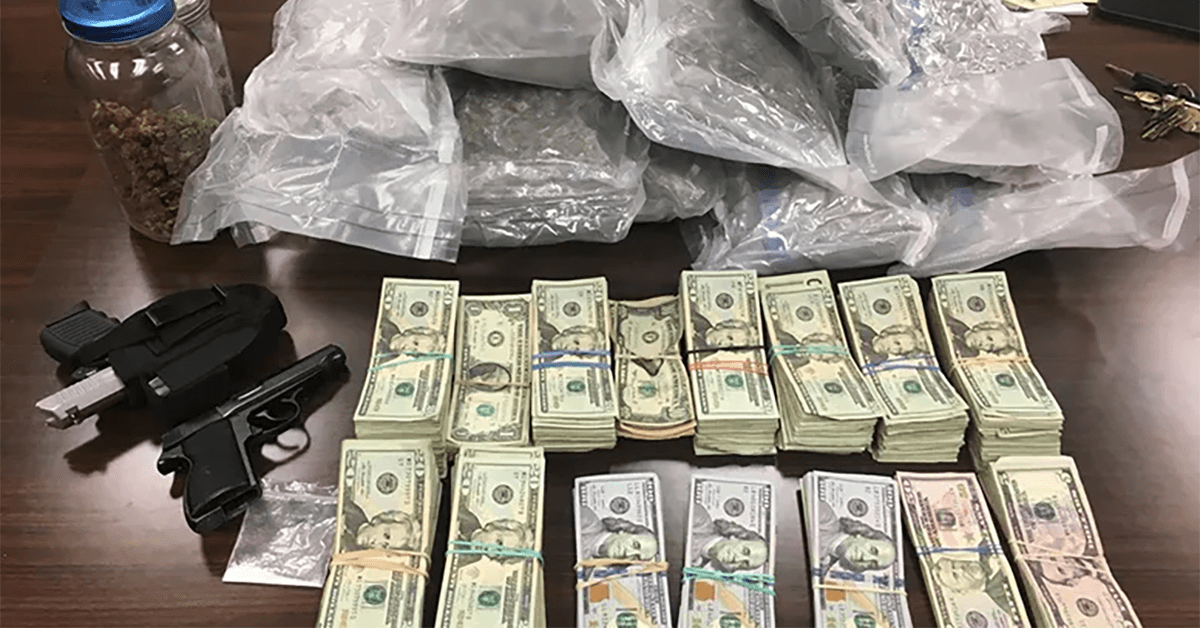

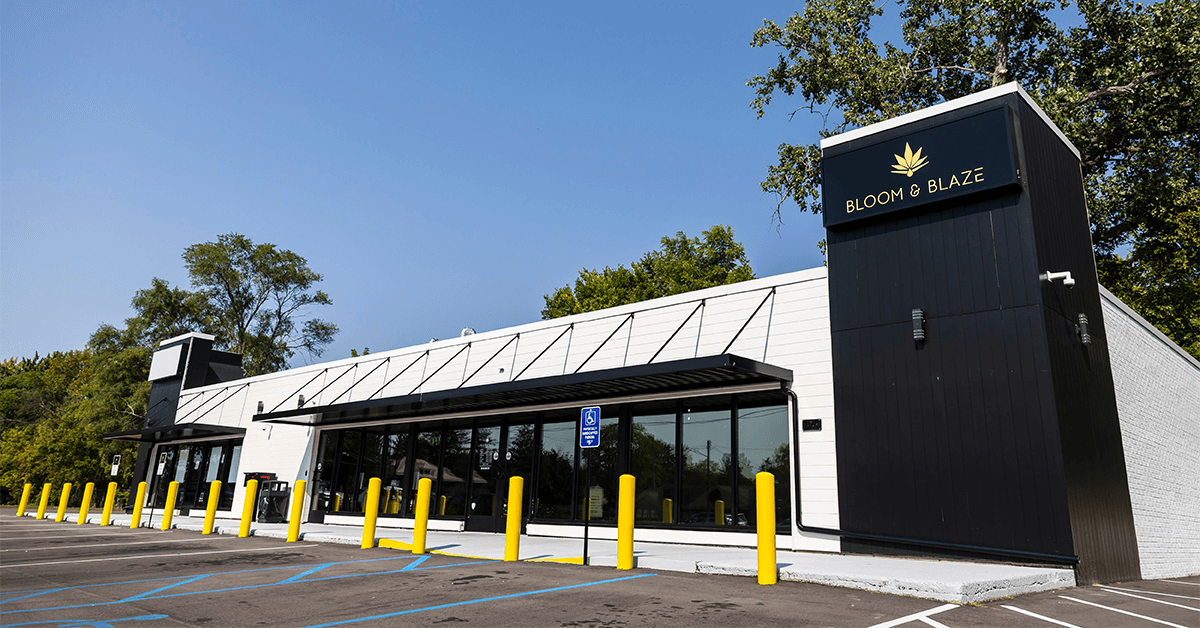
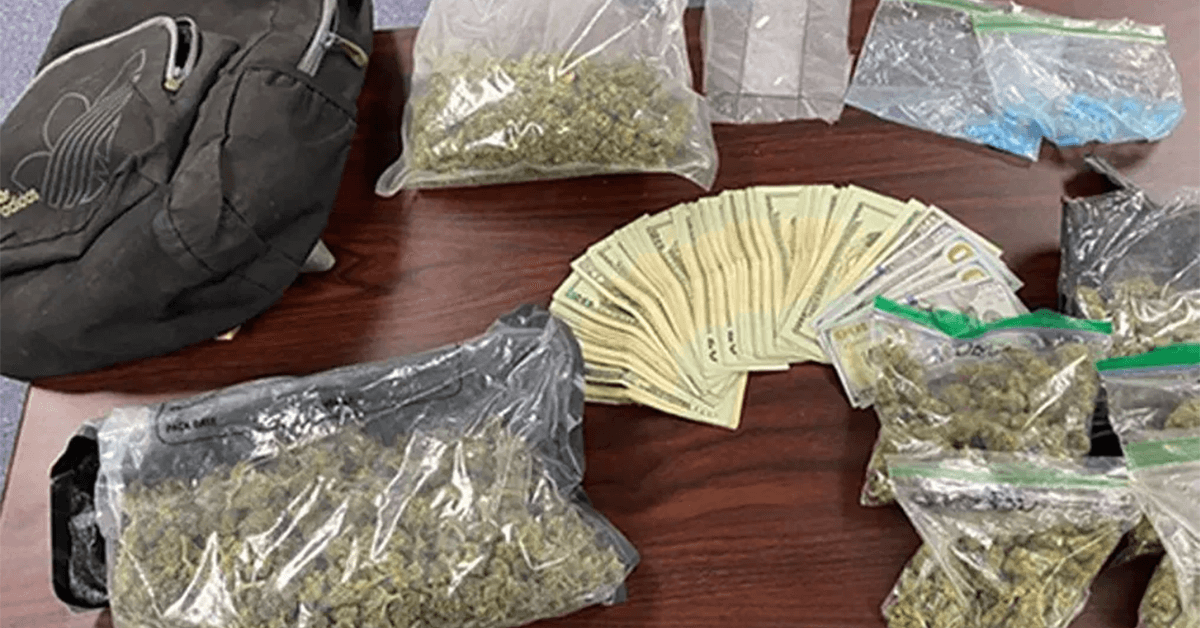
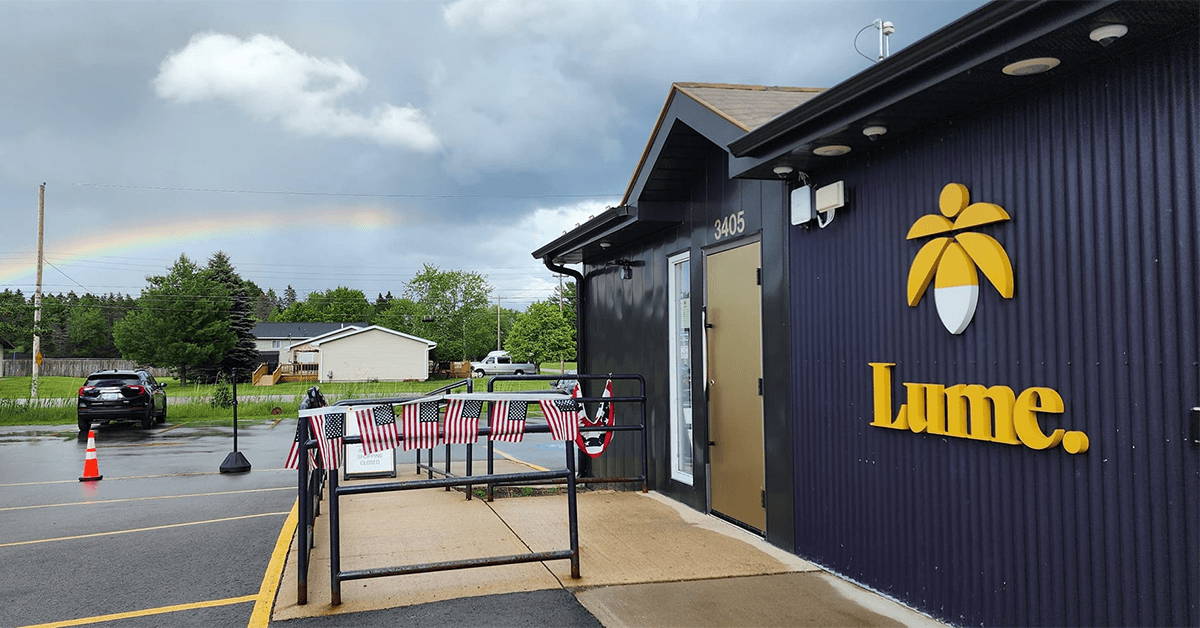


 Helpful Links
Helpful Links